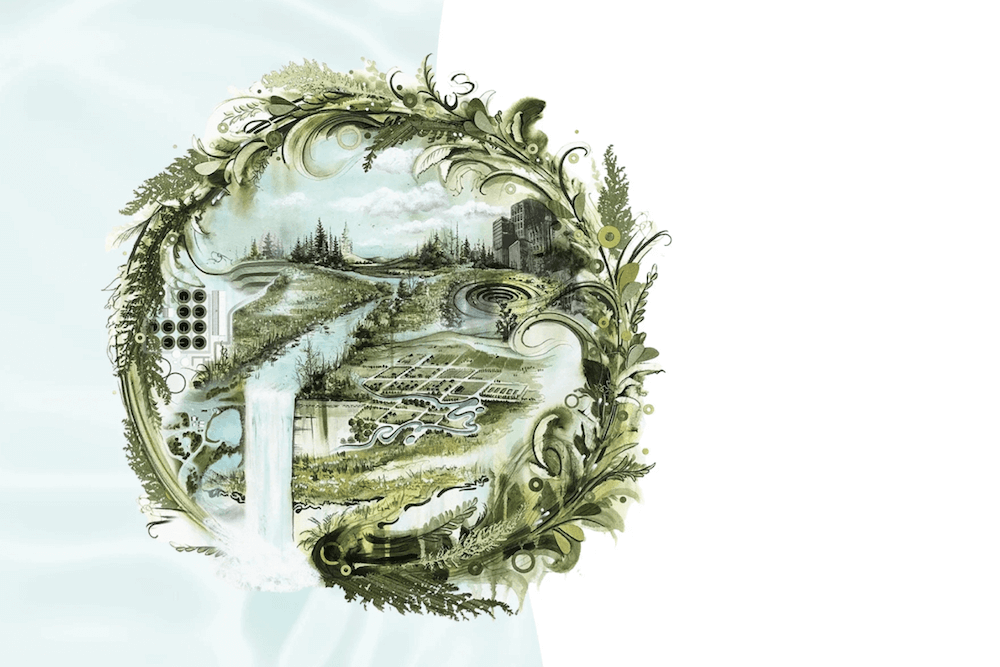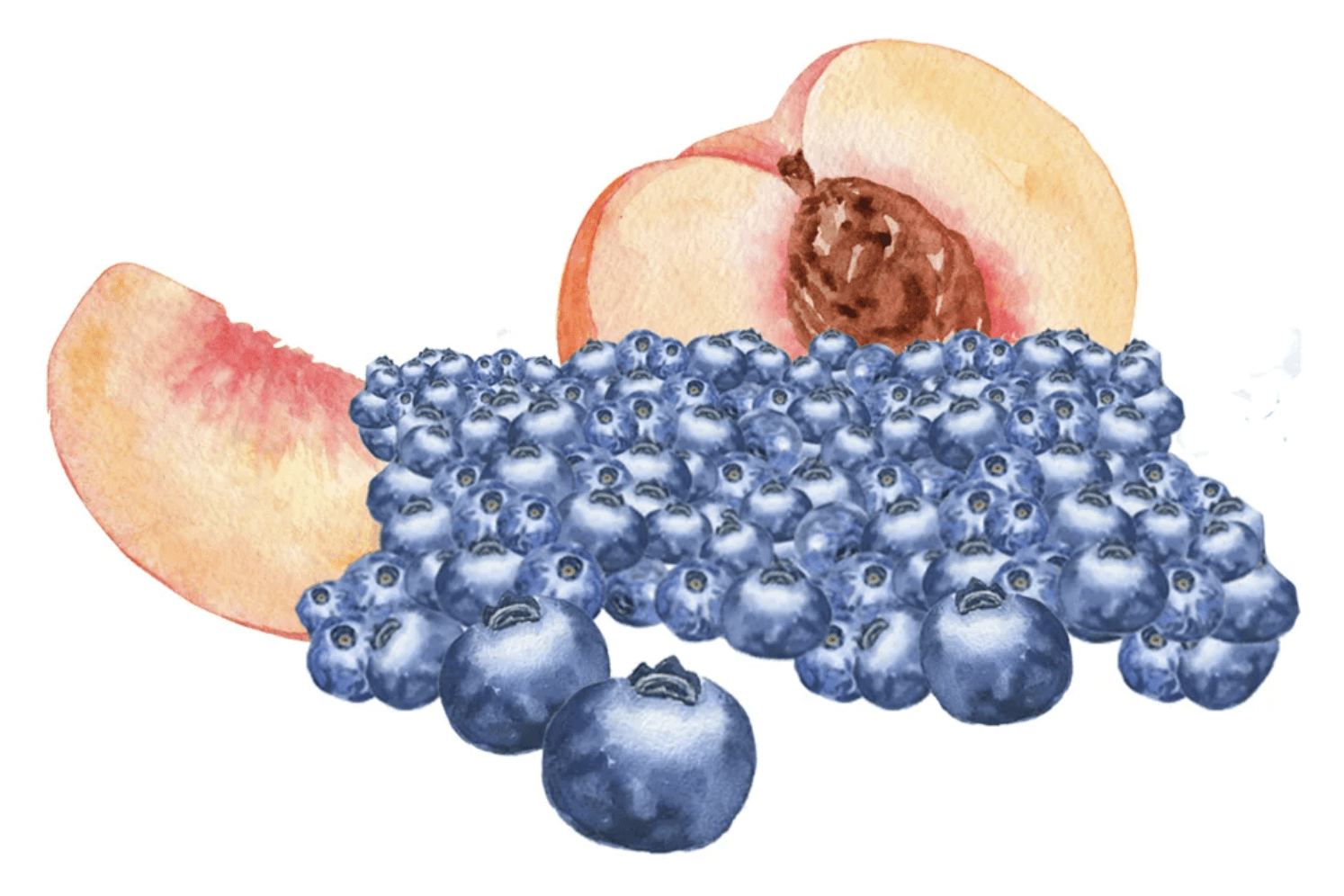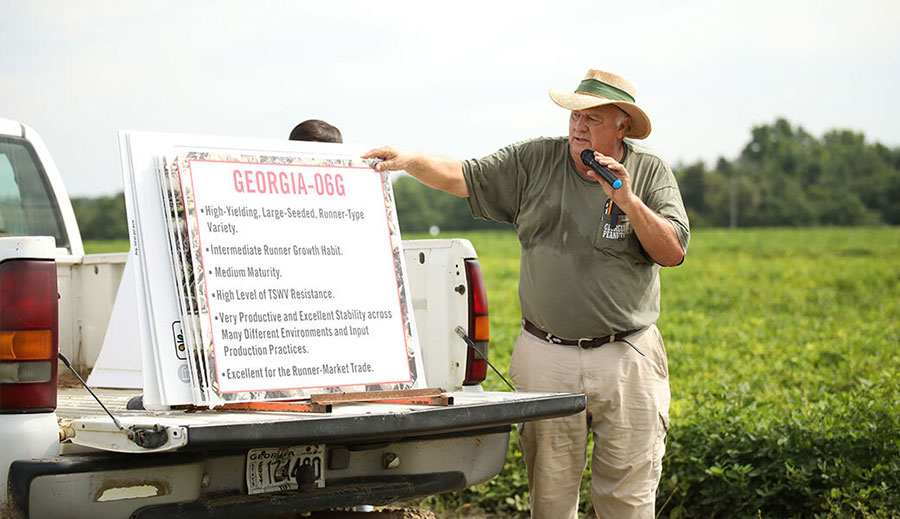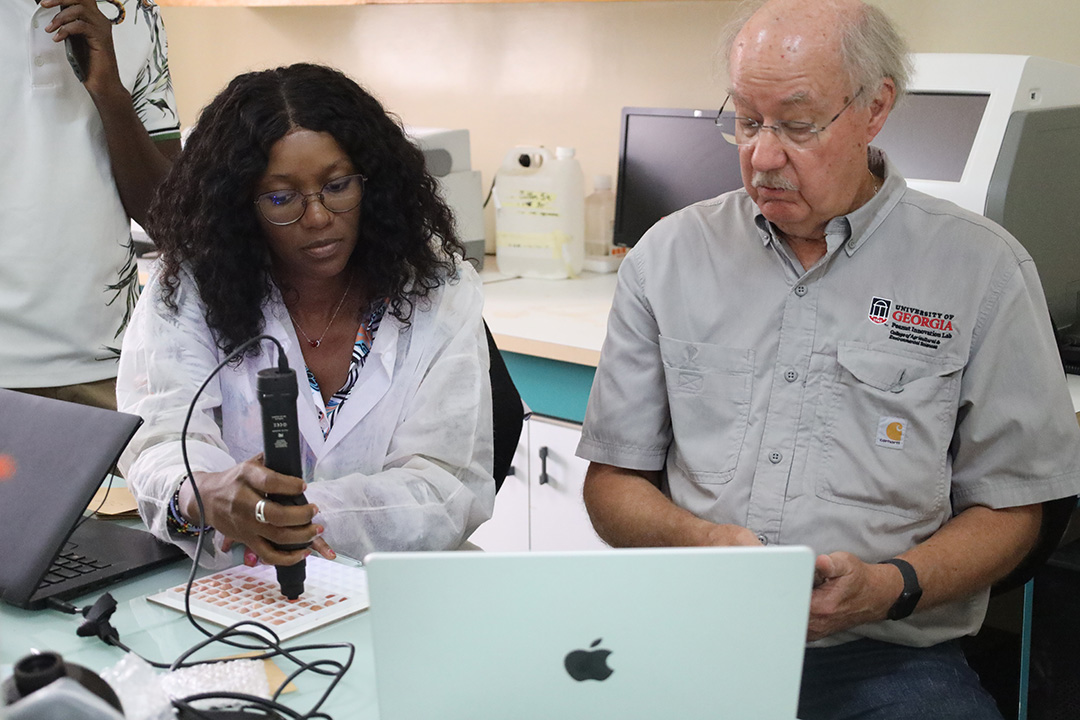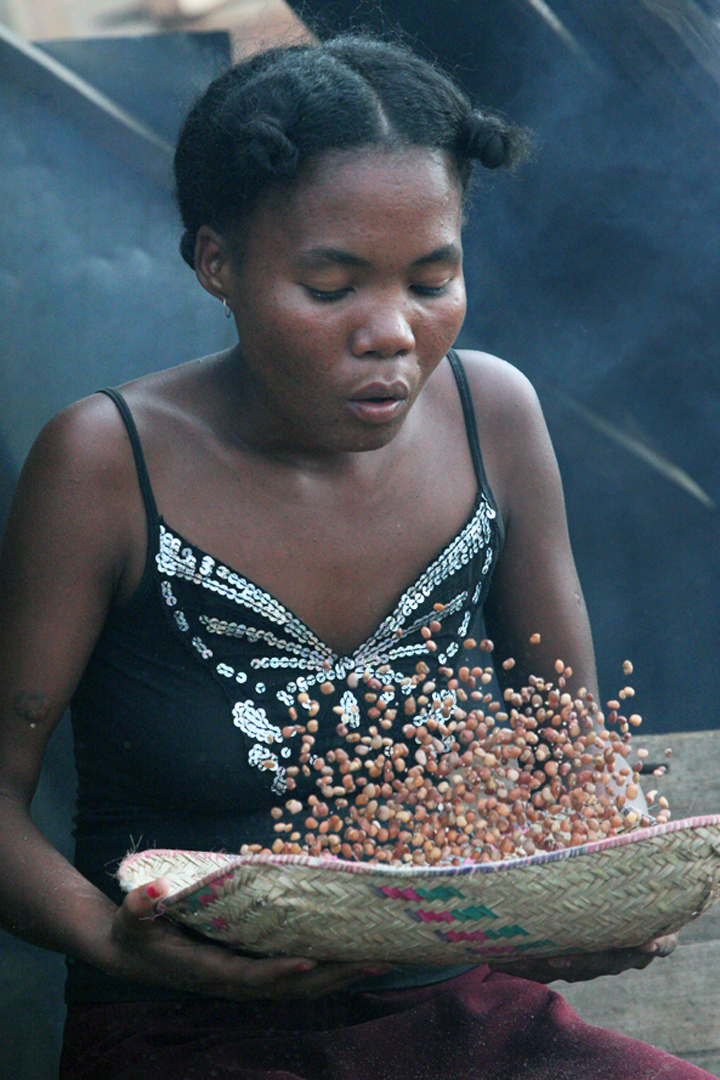
Madagascar is particularly vulnerable to climate change, as more numerous cyclones, rising seas and additional rain erode coastal areas, while prolonged drought and desertification plagues the southern part of the island nation. In addition to those climate challenges, Madagascar is a developing country that at times has struggled to feed itself even while boasting the most biodiverse ecology in the world.
To help Madagascan farmers adapt, the U.S. Agency for International Development (USAID) has awarded the Feed the Future Innovation Lab for Peanut at the University of Georgia an additional $2.5 million to work in partnership with the Global Collaboration on Sorghum and Millet at Kansas State University on a resilient rotation of peanut, sorghum and millet that will improve soil conditions, make farms more productive, feed people and protect the natural environment.
The UGA College of Agricultural and Environmental Sciences is already home to the Feed the Future Innovation Lab for Peanut, a 10-year, $29 million program to improve food security and nutrition across Africa through peanut. The additional $2.5 million, two-year project was approved by the USAID mission in Madagascar in September.
“Feed the Future Innovation Labs are driving novel solutions to the increasingly complex challenges we face today,” said Dina Esposito, Feed the Future Deputy Coordinator and USAID’s assistant to the administrator for resilience, environment and food security. “USAID is pleased to advance the Peanut Innovation Lab's critical contribution to support small-scale farmers and their communities.”
Over the years, the Peanut Innovation Lab has built collaborative partnerships between scientists in the U.S. and Africa who work together to solve problems that threaten food security.
“Madagascar is a unique place but faces many of the same challenges that we see in the other African countries where the Peanut Innovation Lab works,” said Innovation Lab Director Dave Hoisington. “USAID has seen an opportunity to use the expertise and systems that we have built to improve the food system in Madagascar.
“A stronger food system not only benefits farmers and consumers, it also can help to preserve the forests that are home to plants and animals that are unique to the island.”
There are more unique species of plants and animals living in Madagascar than on the rest of the African continent and more than 80% of its species can be found nowhere else on Earth.
But many farmers in Madagascar, similar to farmers across much of sub-Saharan Africa, can’t afford machinery, fertilizer, irrigation or pesticides that are available to growers in the U.S. Instead, farmers with poor soils resort to slash-and-burn agriculture, which destroys habitat and compounds the negative effects of climate change.
Peanut, sorghum and pearl millet are part of the local cuisine in much of Africa and work together to create a resilient rotation for farmers and nutritious diet for consumers.
To get those crops in the field and then to market, UGA and K-State will work with colleagues in Madagascar to develop varieties that can resist problems in the field. Without irrigation and facing shorter rainy seasons, for example, shorter-duration and drought-tolerant varieties are valuable to farmers. And without fungicides and other chemicals to fight diseases in the field, farmers benefit from varieties that have genes to fight off diseases on their own.
With good varieties in mind, the project then will ensure that there is enough seed for farmers and that they know the best practices for planting, growing, harvesting and drying their crop.
“We will be working with already established relationships in Madagascar including farmer cooperatives and networks where these three crops will play a key role in a crop rotation and intercropping techniques to support a more sustainable agro-ecological production,” said Nat Bascom, the director of engagement and leadership for K-State’s Global Collaboration on Sorghum and Millet.
Researchers in the U.S. and across Africa will work with colleagues in Madagascar and private companies to make sure that the peanuts and grain farmers grow match their household needs and the demands of the local market.
The Peanut Innovation Lab does similar work on the mainland of Africa, facilitating variety development, value chain improvements, nutrition knowledge and gender equity projects.
Headquartered at UGA, the lab brings together experts from a dozen U.S. universities to work with African colleagues and dozens of graduate students to complete research projects in Senegal, Ghana, Uganda and Malawi.
The Global Collaboration on Sorghum and Millet is focused on a Pan-African approach and sharing of institutional knowledge, seed and expertise across the continent to build on the work that has already been done in sorghum and millet.
“Both K-State and the University of Georgia will leverage our long-standing Pan-African networks of expertise, improved seed and technologies. Plus, we will continue our commitment to human and institutional capacity-building in Madagascar along sorghum, pearl millet and peanut value chains to address food security and nutritional outcomes in families,” said Bascom.
For more information, see the websites for the Feed the Future Innovation Lab for Peanut and the Global Collaboration for Sorghum and Millet. To hear directly from Director Hoisington on how the Peanut Innovation Lab enhances food security worldwide, listen to the latest episode of CAES podcast Cultivating Curiosity.


